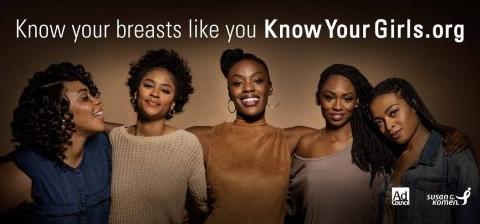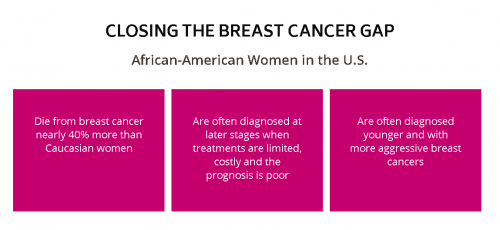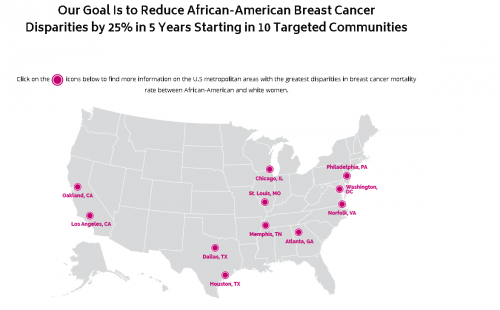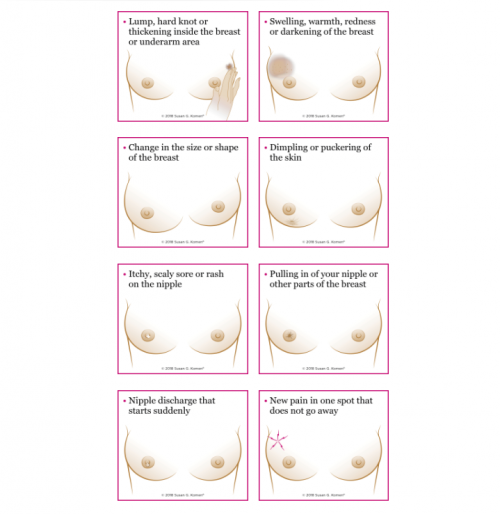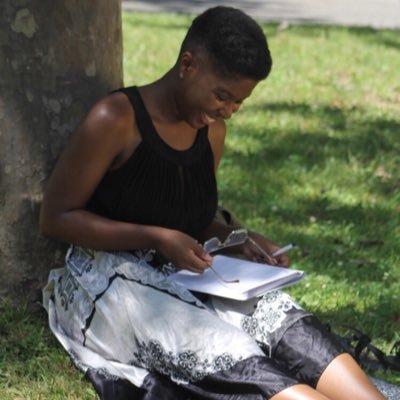Do You Know Your Breasts Like You ‘Know Your Girls?’
Black women are the fastest growing group of entrepreneurs in the country, according to Forbes. While this is amazing, many of us who are freelancers or have our own businesses hustle so hard that we neglect our health. It also doesn’t help that many of us have mediocre insurance (or no insurance at all) that makes regular and emergency checkups costly. Unfortunately, hoping our health stays intact until our businesses turn a profit isn’t the best health care option.
Black women entrepreneurs cannot afford to follow this rationale as breast cancer is one of the major health issues Black women experience, according to Self. Despairingly, Black women are at a higher risk of experiencing certain illnesses and fatalities than white women, which is a huge reason to take care of health concerns as soon as possible.
According to the nonprofit organization Susan G. Komen, “Black women in the U.S. are 40 percent more likely to die from breast cancer than white women.” The factors that contribute to this health gap are economic stability, physical environment, education, healthcare, social context, and biology. To address this disparity, Susan G. Komen in partnership with Ad Council developed a multimedia campaign called “Know Your Girls.”
The “Know Your Girls” campaign gives Black women tools to take control of their breast health. The campaign also advocates for Black women, ages 30-55 years old, to treat their “girls” with the same care as they do the women in their lives.
“The “Know Your Girls” campaign introduces breast cancer education through a celebration of the powerful sisterhood between Black women. Instead of focusing on fear, the campaign provides tools and information that can help Black women feel ownership around their breast health and encourages the sharing of those resources and messages with the women who support them throughout their lives,” said Lisa Sherman, president, and CEO of the Ad Council
The goal for the “Know Your Girls” campaign is tied directly to the vision of Nancy G. Brinker, the founder of Susan G. Komen. According to the nonprofit’s website, “Nancy promised her dying sister, Susan, that she would do whatever it takes to end breast cancer. In 1982, with $200 and a shoebox full of potential donors’ names, that promise bore the Susan G. Komen organization, which is now the world’s largest nonprofit source of funding for the fight against breast cancer.” The power of social entrepreneurship is beautiful.
Living up to its bold foundation, Susan G. Komen has set a “Bold Goal” to reduce the current 40,000 annual breast cancer deaths in the U.S. by 50 percent by 2026, through their African-American Health Equity Initiative. The initiative will focus on the 10 cities where mortality rates and late-stage diagnoses of Black women are highest: Memphis, Tennessee; St. Louis, Missouri; Long Beach/Los Angeles Metro Area; Dallas/Fort Worth/Arlington Metro Area; Virginia Beach, Virginia; Atlanta, Georgia; Chicago, Illinois; Houston, Texas; Washington, D.C. and Philadelphia, Pennsylvania. According to the Ad Council, the disparity in breast cancer mortality rate between Black and white women in some of these cities is as high as 74 percent.
While there is no substitute for going to the doctor, you can do a breast self-examination on your own. The most common warning signs during a breast self-exam are a change in the look or feel of the breast, a difference in the look or feel of the nipple or nipple discharge. If you are experiencing any of the warning signs described, please visit a health care provider as soon as possible.
As women, whether it be our mental health, maternal health or breast health, it’s imperative that we take care of ourselves as much as we take care of those around us. Take some time this week to contact your physician for an annual checkup to discuss your health options. If you are interested in helping close the breast cancer mortality gap, please visit knowyourgirls.org.

